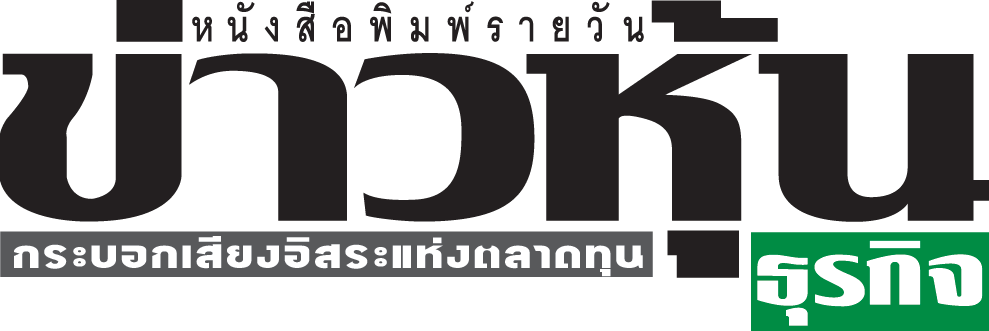
TRIS Affirms A- Rating on THANI’s 5-Y Senior Unsecured Debentures with “Stable” Outlook
TRIS Affirms A- Rating on THANI’s 5-Y Senior Unsecured Debentures with “Stable” Outlook.
TRIS Rating affirms the company rating on Ratchthani Leasing PLC (THANI) and the ratings on THANI’s existing senior unsecured debentures at “A-” with a “stable” outlook. At the same time, TRIS Rating assigns the rating of “A-” to THANI’s proposed issue of up to Bt4.5 billion in senior unsecured debentures due within five years. The proceeds from the new debentures are intended for use in business operations and for debt repayment.
The ratings incorporate a rating enhancement from THANI’s stand-alone rating based on TRIS Rating’s Group Rating Methodology. TRIS Rating views THANI as a strategically important subsidiary of Thanachart Capital Public Company Limited (TCAP) which owns a 57.5% stake in THANI as of March 2020. TCAP is rated “A/Stable” by TRIS Rating. THANI is a major revenue and cash flow contributor for TCAP. TRIS holds the view that TCAP will highly likely maintain its majority shareholding in THANI in the long-run.
The stand-alone rating on THANI reflects the company’s longstanding and strong business position in hire purchase loans in its niche markets, mainly commercial trucks and luxury cars. The rating also takes into account improvements in financial performance and asset quality. Despite the potential decline in credit growth, TRIS expects THANI will maintain its market position for the next few years as the slower business volume should be in line with the industry as a whole.
TRIS also anticipates a moderate deterioration in asset quality, with the non-performing loan (NPL) ratio estimated to rise to 5%-6% from 4% currently due to the economic fallout from the COVID-19 outbreak. Nonetheless, TRIS assesses the weaker asset quality to have no impact on the company’s overall risk position, which has been underpinned by a prudent credit policy, improved loan collection and adequate loan loss reserves.
THANI’s capital base, measured by risk-adjusted capital ratio (RAC), is relatively strong. The company’s RAC was 15.2% at the end of 2019. TRIS estimates its three-year (2020-2022) average RAC ratio at 17.2%. Combined with earnings capability, which TRIS views as moderate, overall assessment of capital, leverage and earnings (CLE) is at the adequate level.
TRIS applies earnings before tax (EBT) to average risk-weighted assets (ARWA) and return on average assets (ROAA) to measure earnings capability. TRIS expects THANI will maintain its operating performance with a three-year (2020-2022) average ratio of EBT to RWA of 4.2% and ROAA of 3.3%. THANI’s profitability continues to strengthen. Its consolidated net profit rose by 20% to Bt1.96 billion in 2019. The main driver was the lower provision expenses due to a reversal of provisions before the implementation of the TFRS9 accounting standard scheduled for 2020.
TRIS Rating’s concerns over liquidity and refinancing risk due to the risk aversion in the bond market are alleviated by THANI’s ability to access diverse funding sources, including credit facilities from various financial institutions. This is in addition to the on-going credit support from its former shareholder, TBANK.
RATING OUTLOOK
The “stable” outlook is based on TRIS Rating’s expectation that THANI will maintain strong positions in its niche markets and earnings capability. The outlook is also underpinned by our anticipation that the company’s asset quality will be sustained to a large extent, despite the weak credit environment.
RATING SENSITIVITIES
The ratings or outlook could be revised upward if THANI’s stand-alone credit profile improves significantly. This entails materially stronger capital, with the RAC ratio hovering above 25% and EBT/ARWA above 6% for a sustained period. The ratings or outlook could be revised down if the capital position weakens, with the RAC ratio falling below 15% for a protracted period, or asset quality deteriorates substantially to the point of affecting profitability and capital.
Without an improvement in the stand-alone rating, the ratings or outlook could be revised upward if TRIS believes THANI’s importance to TCAP has been elevated to the next level.


